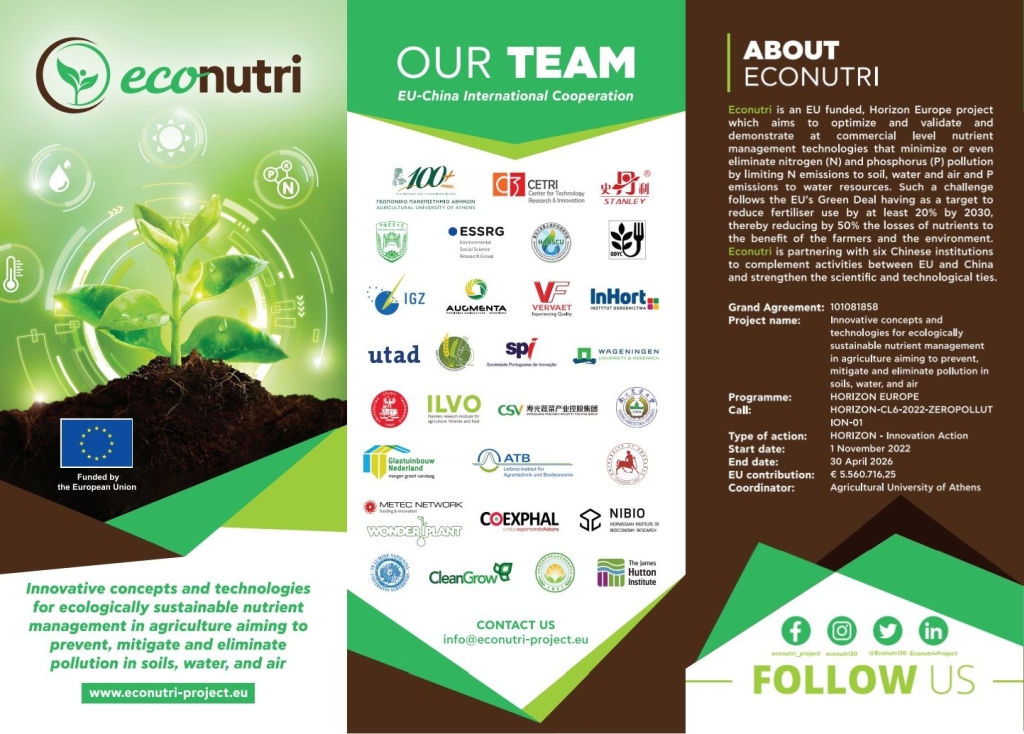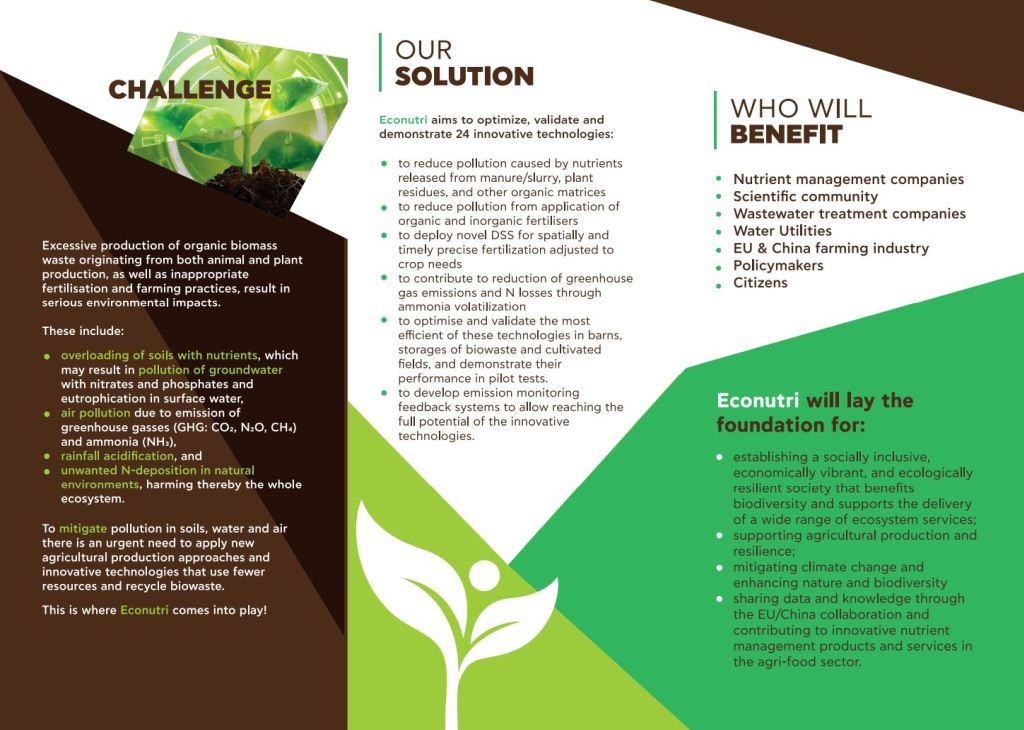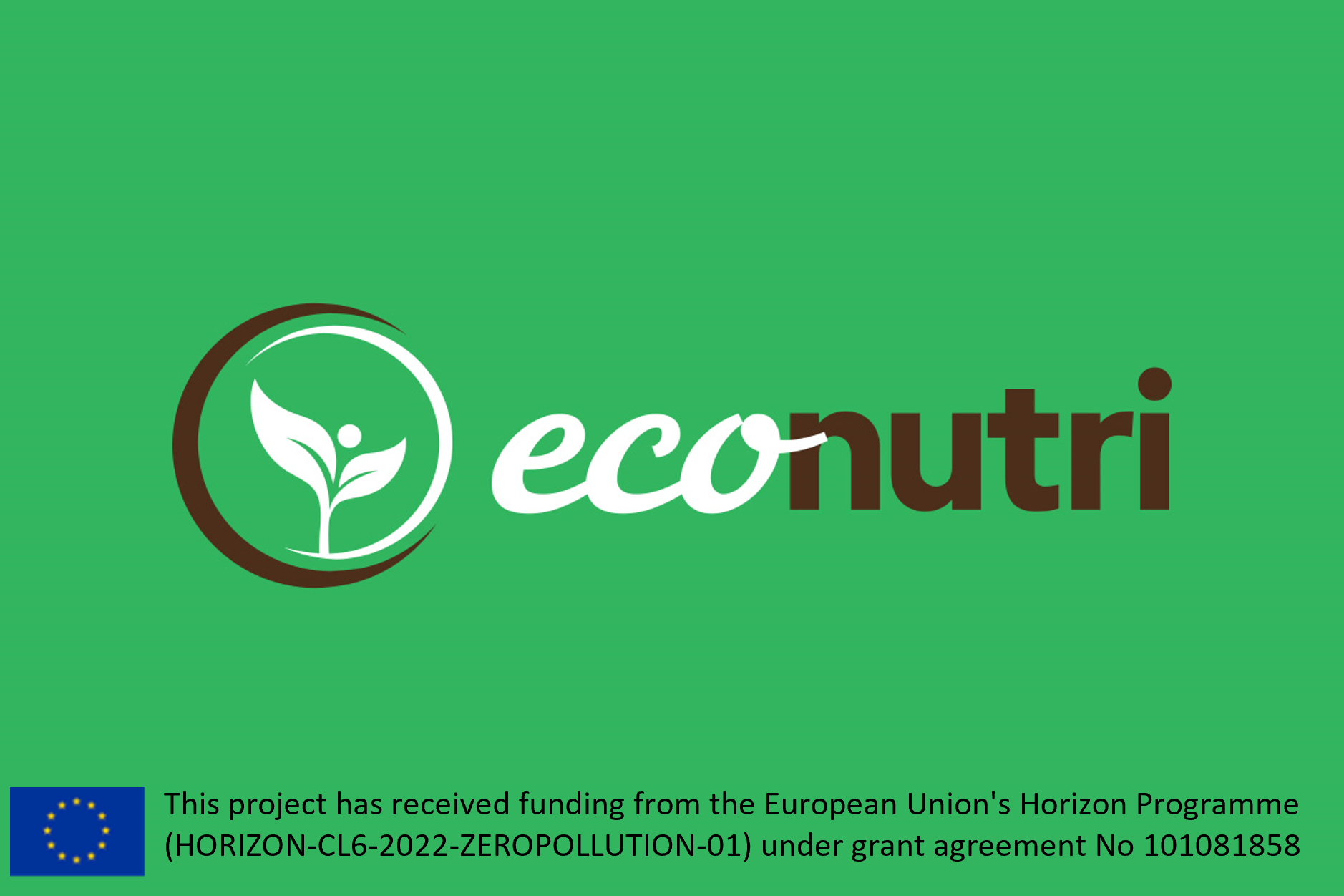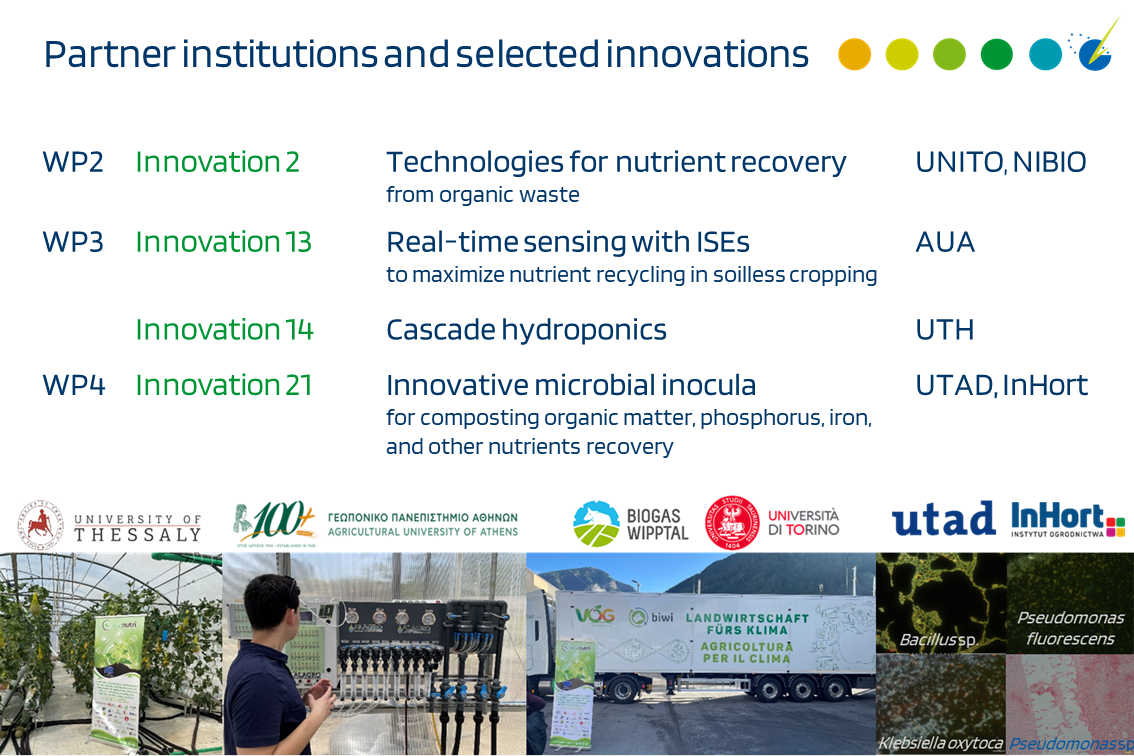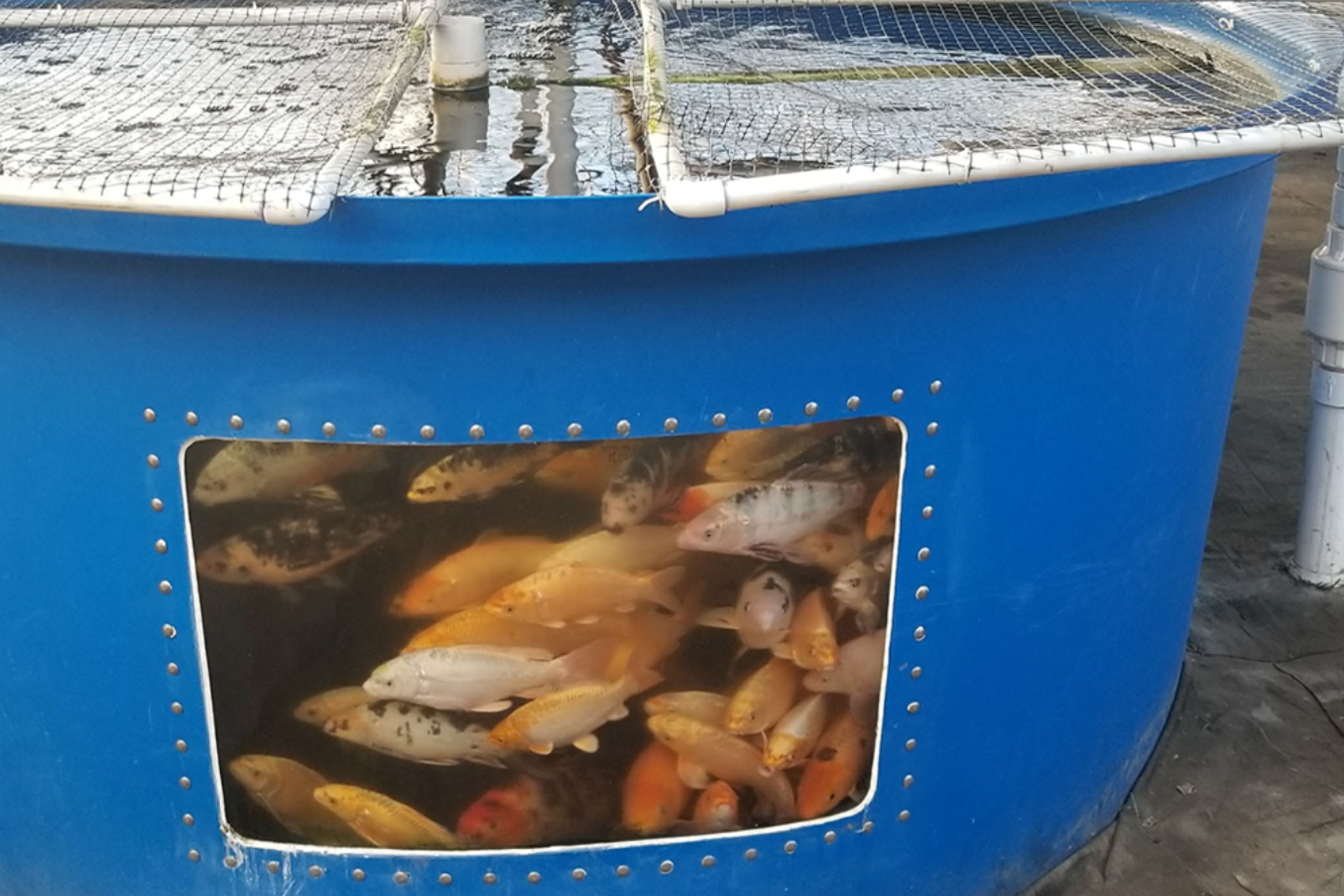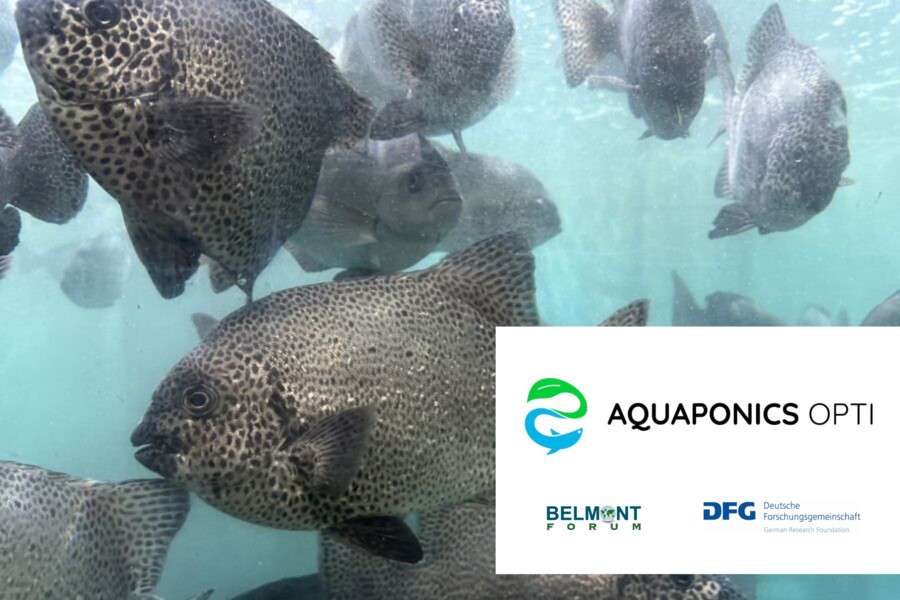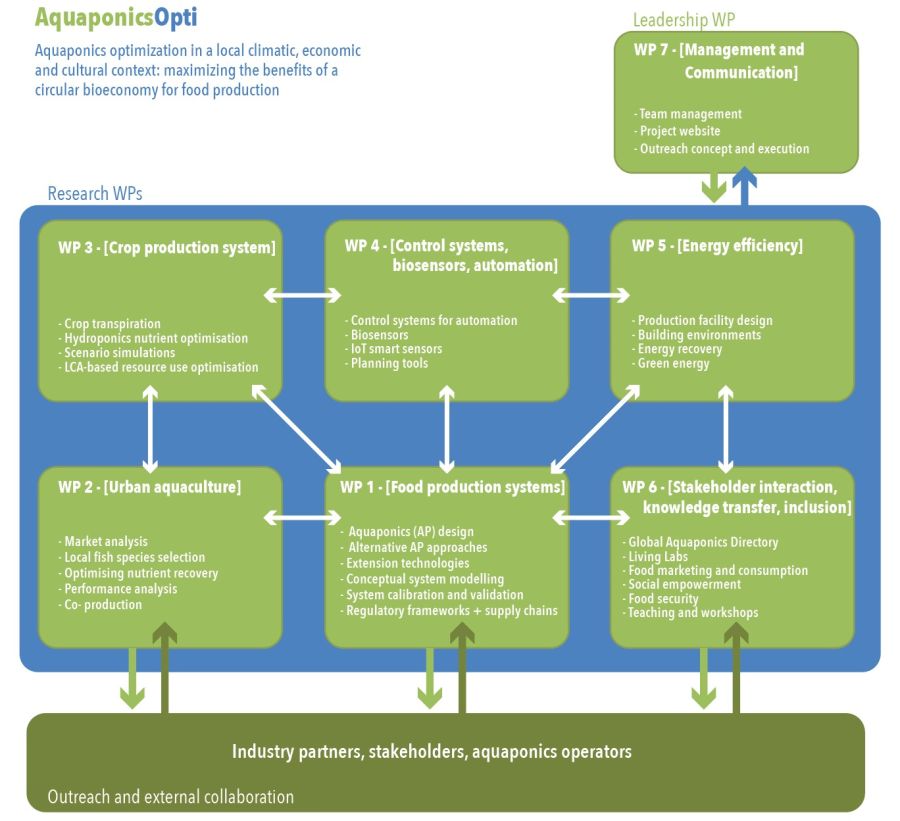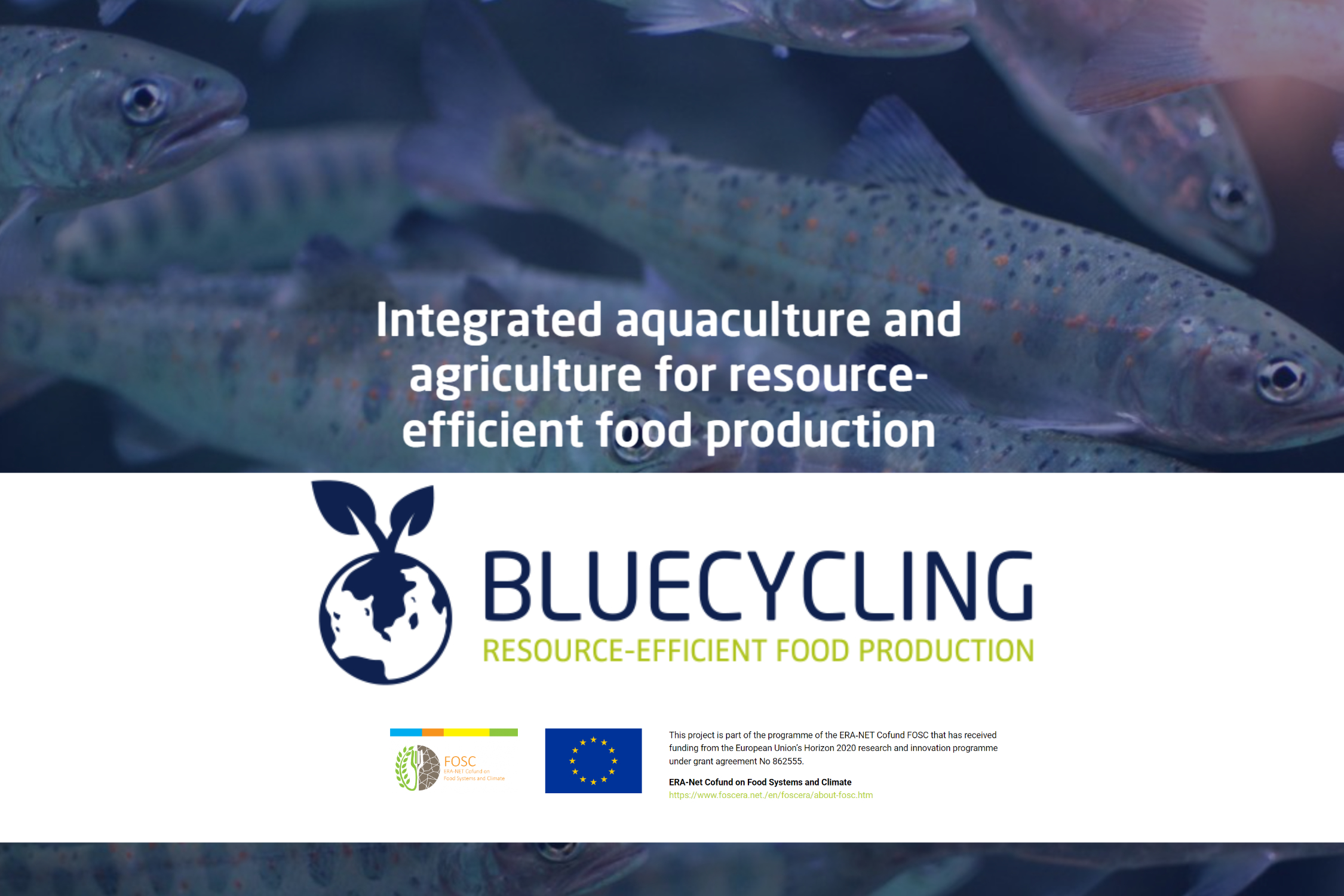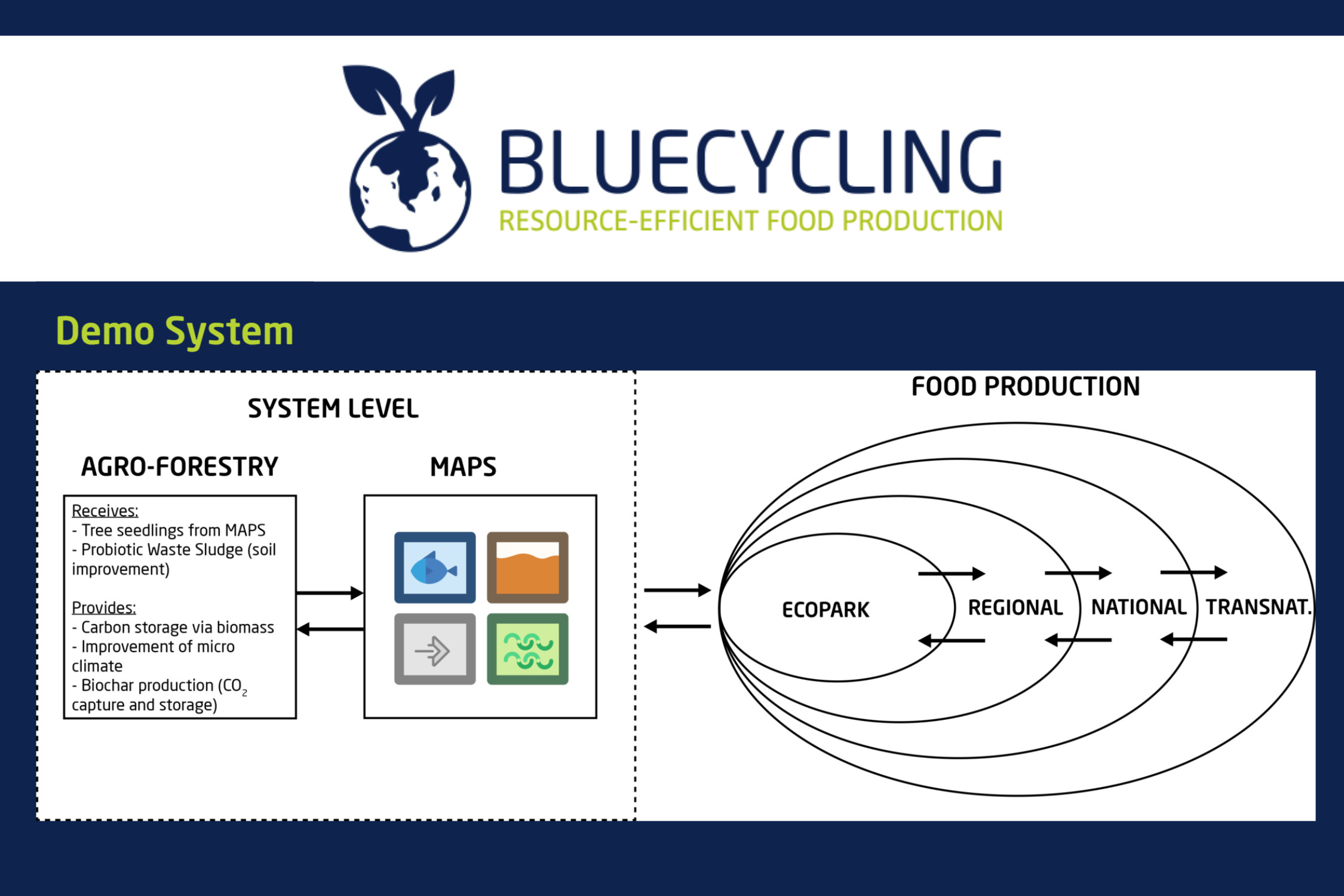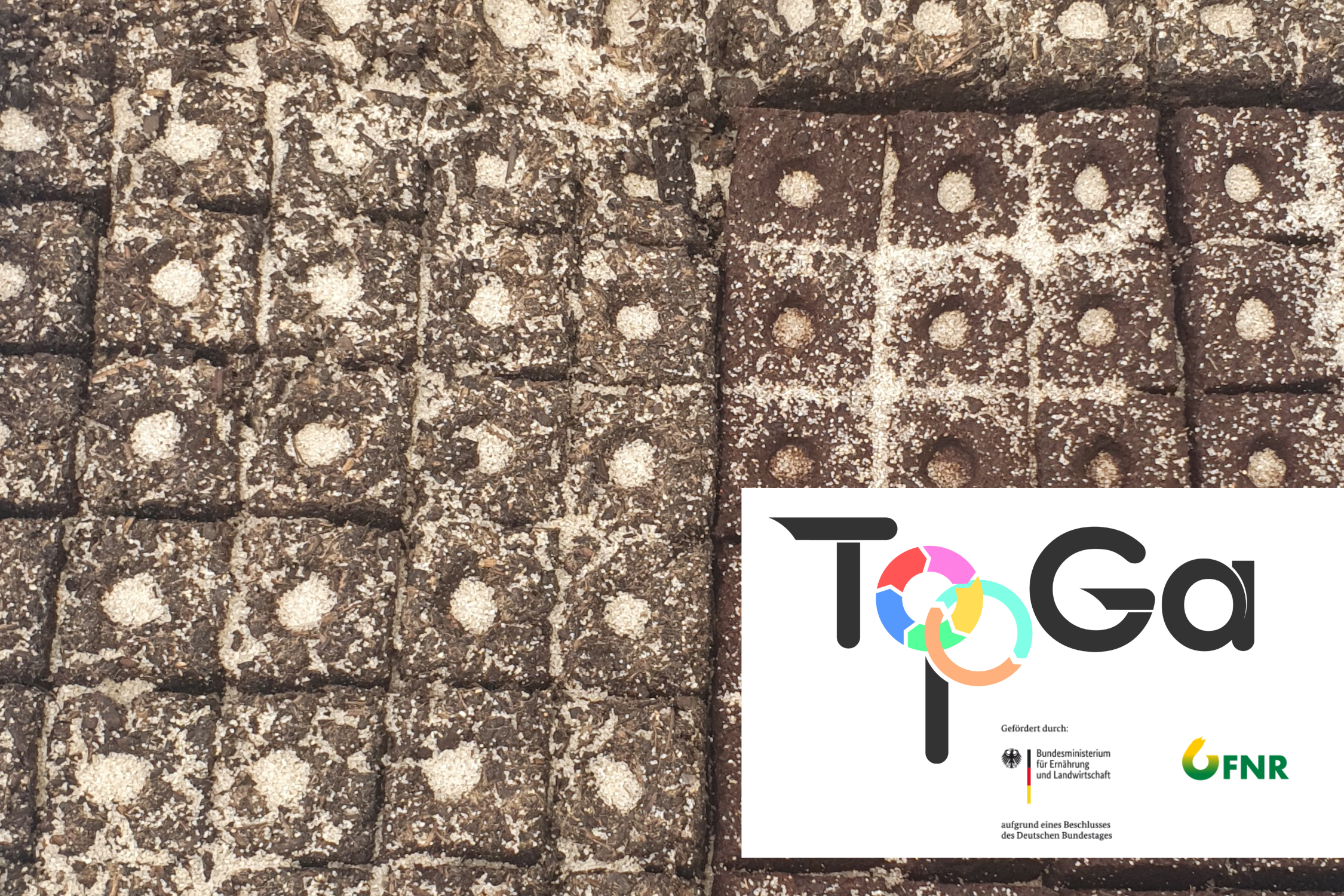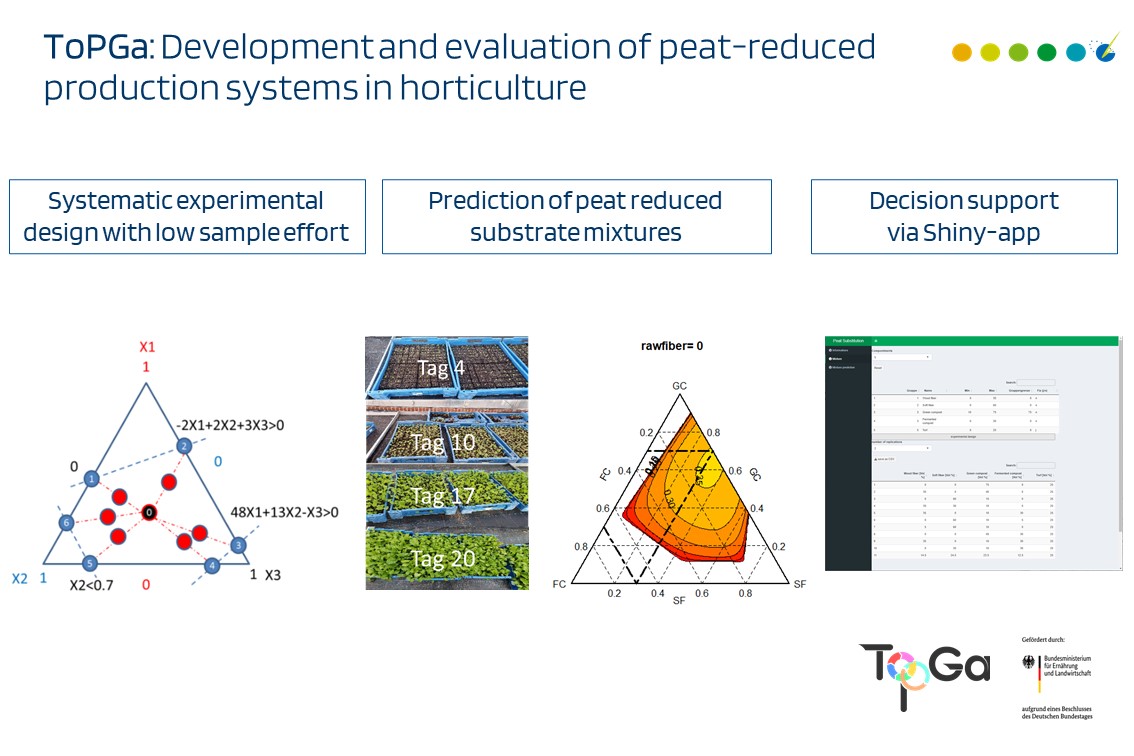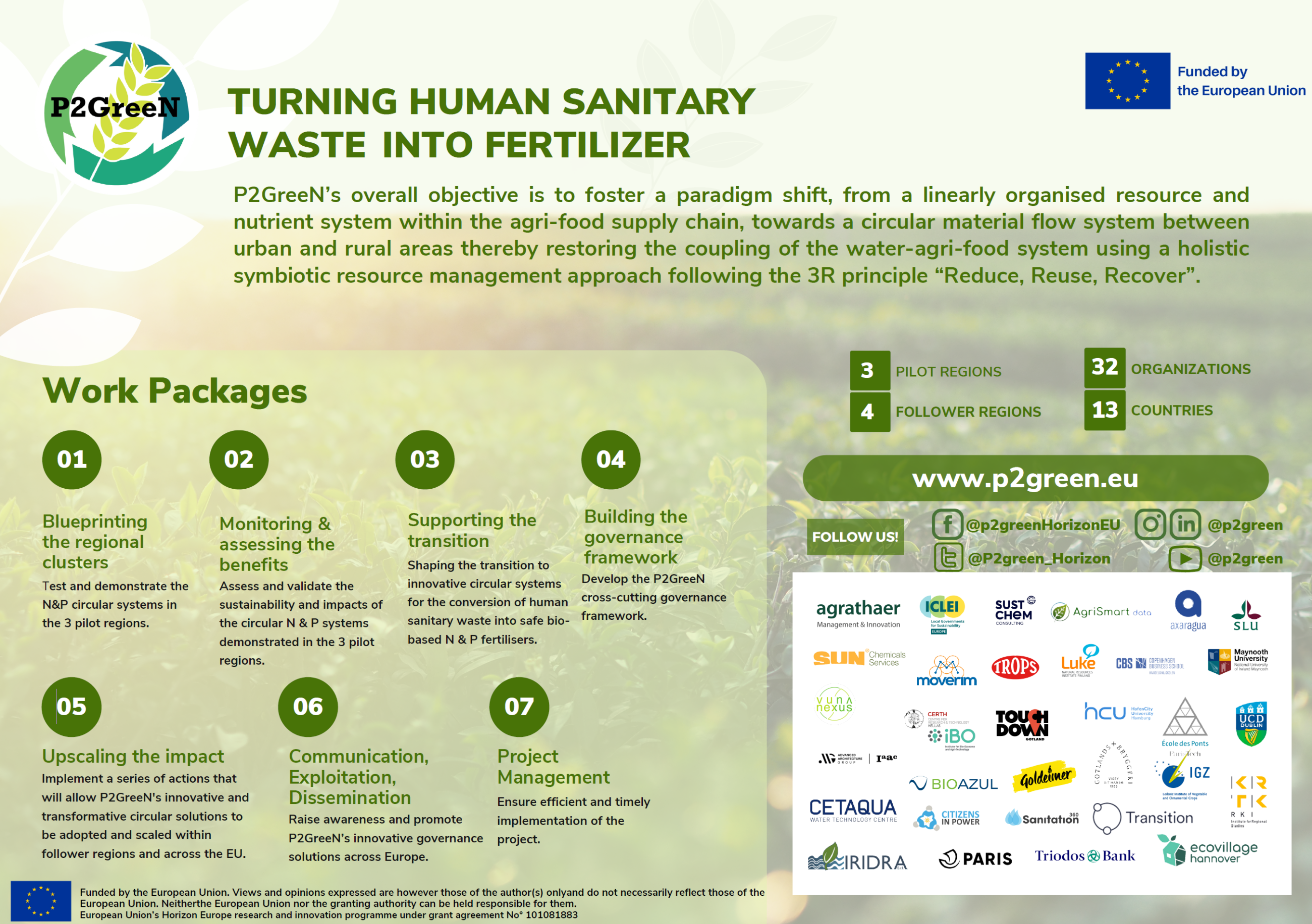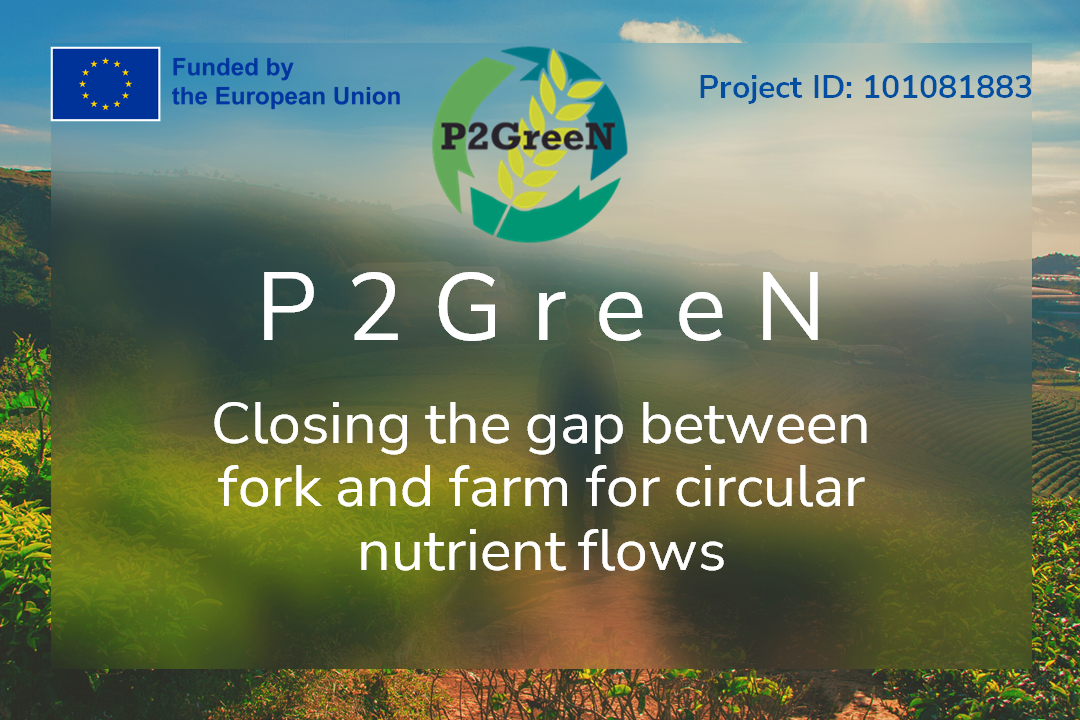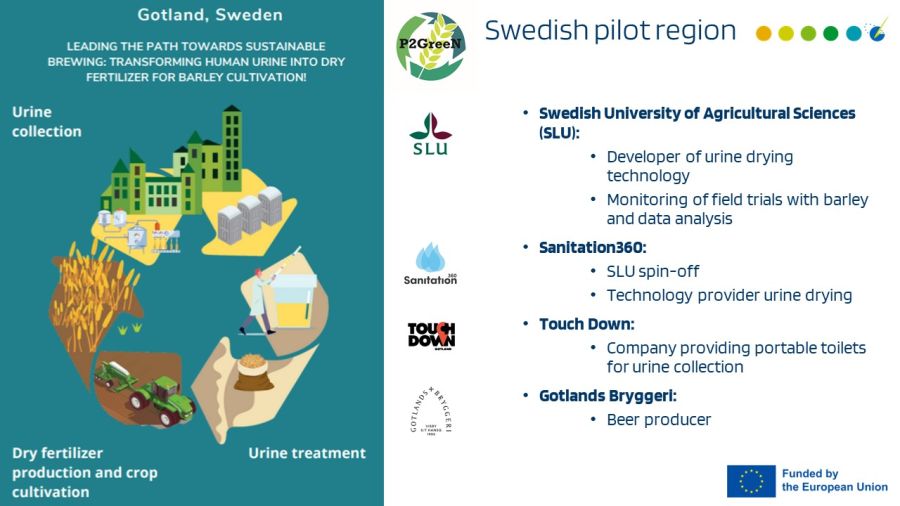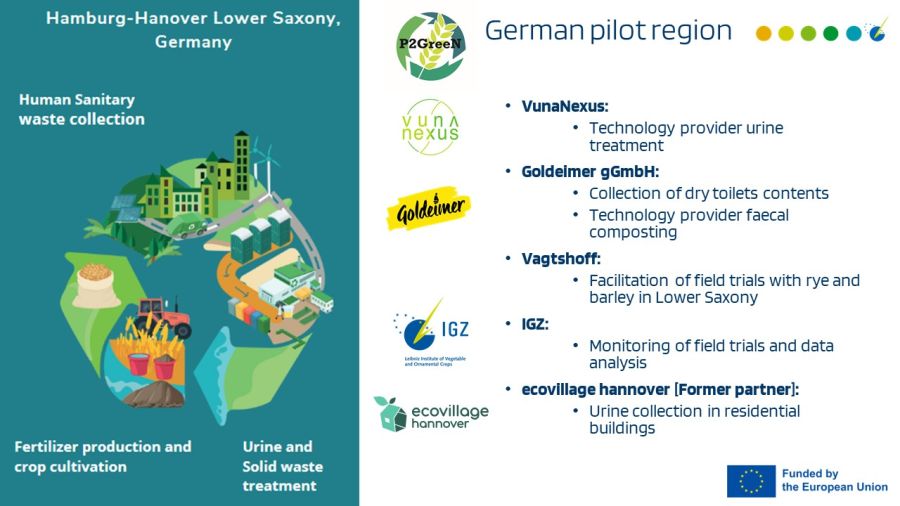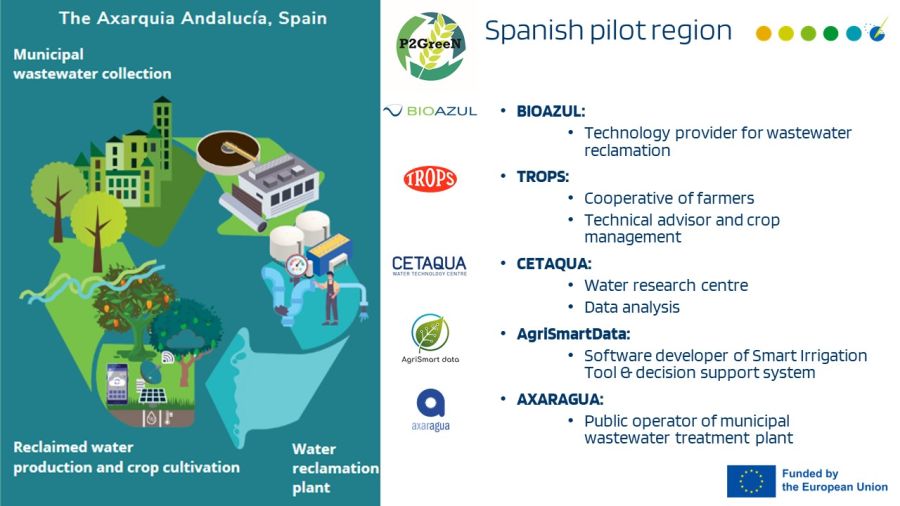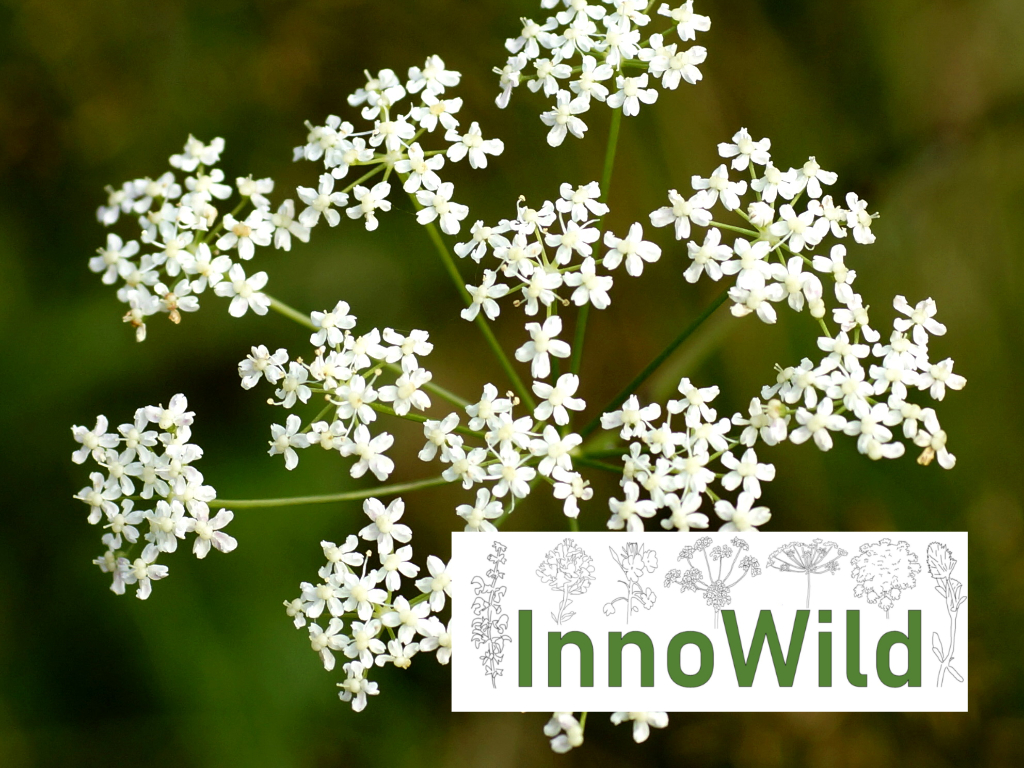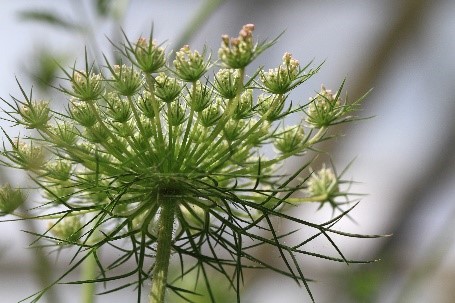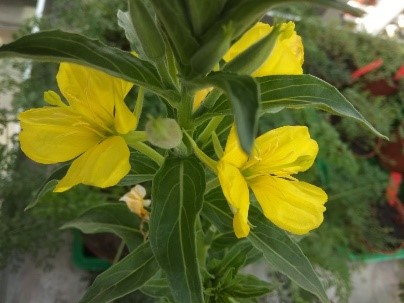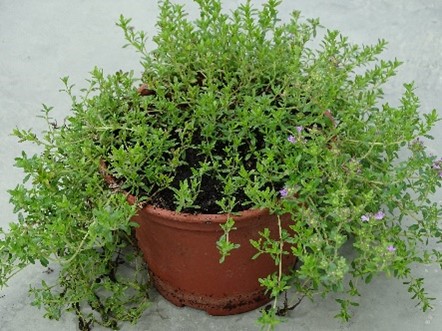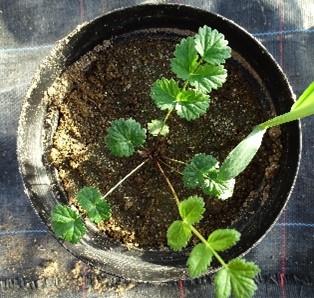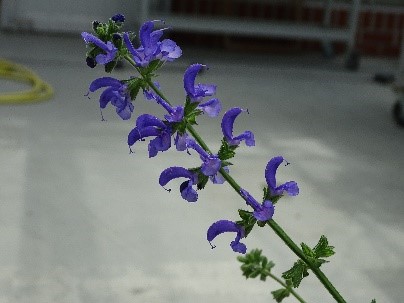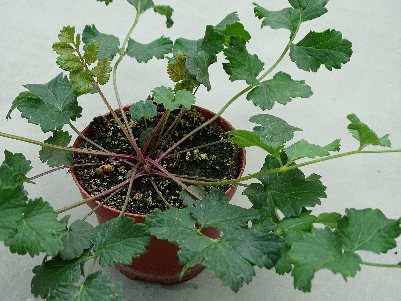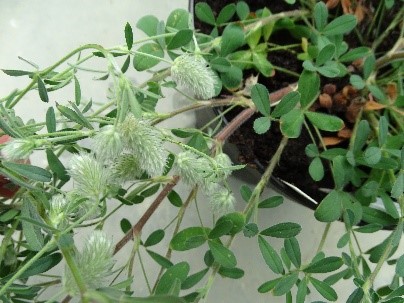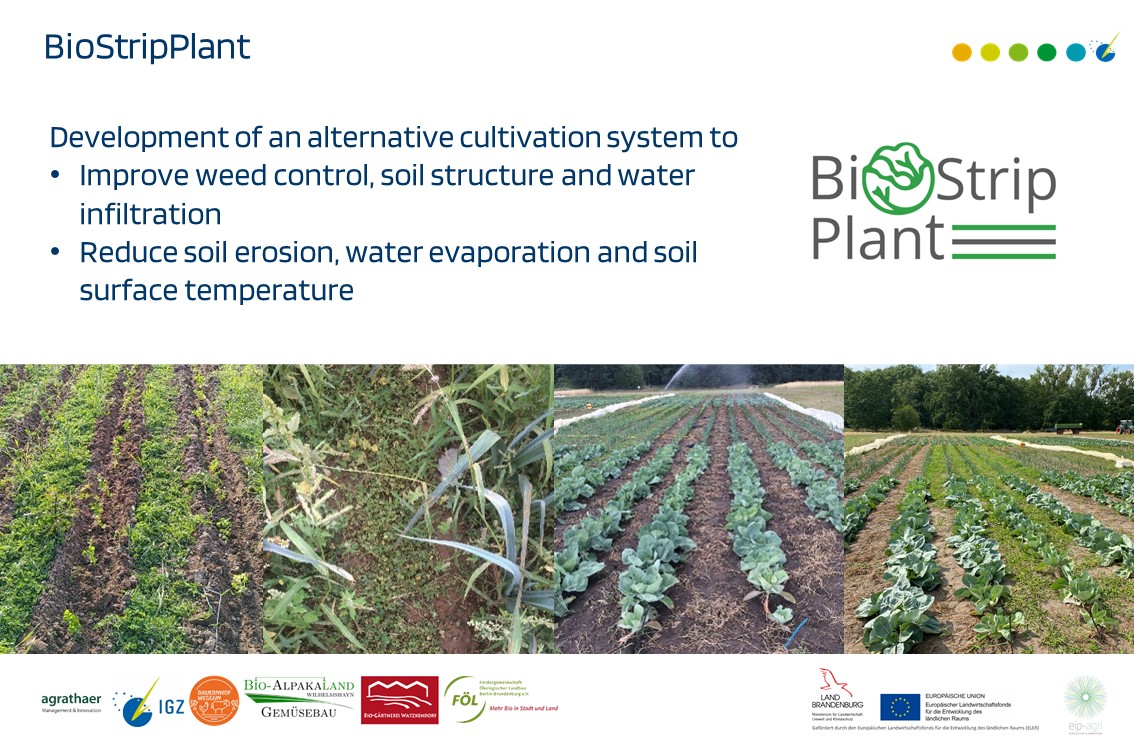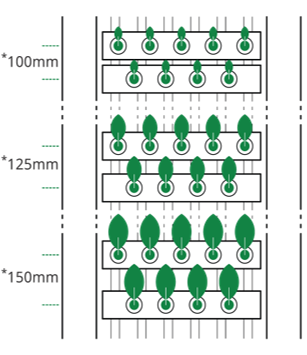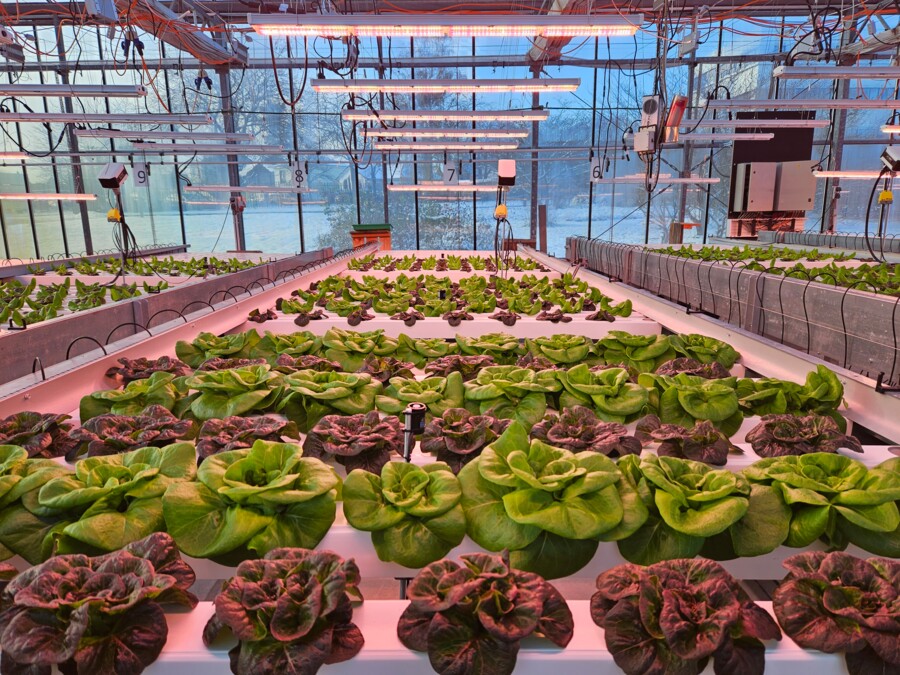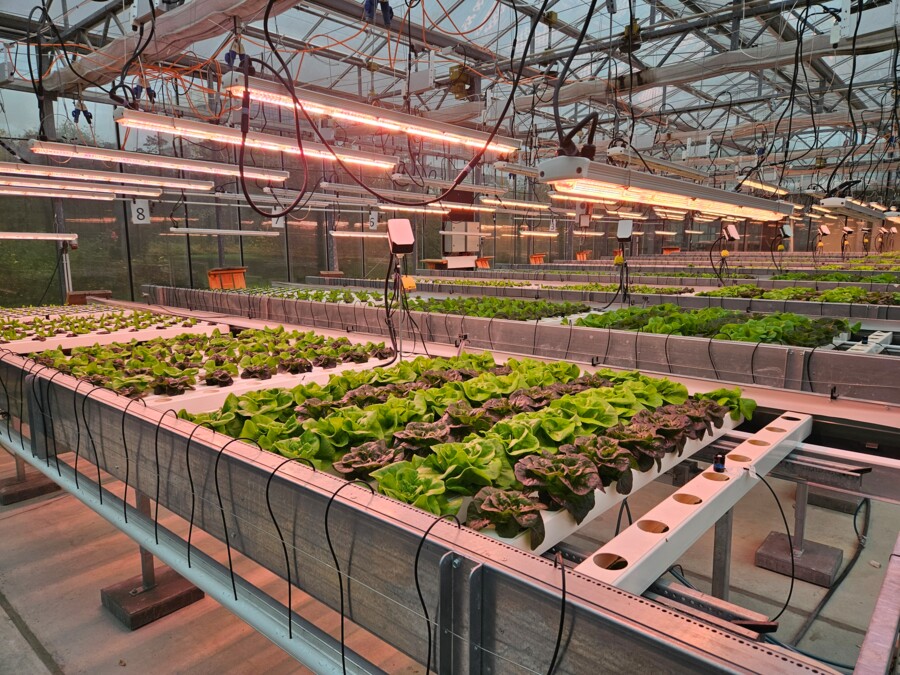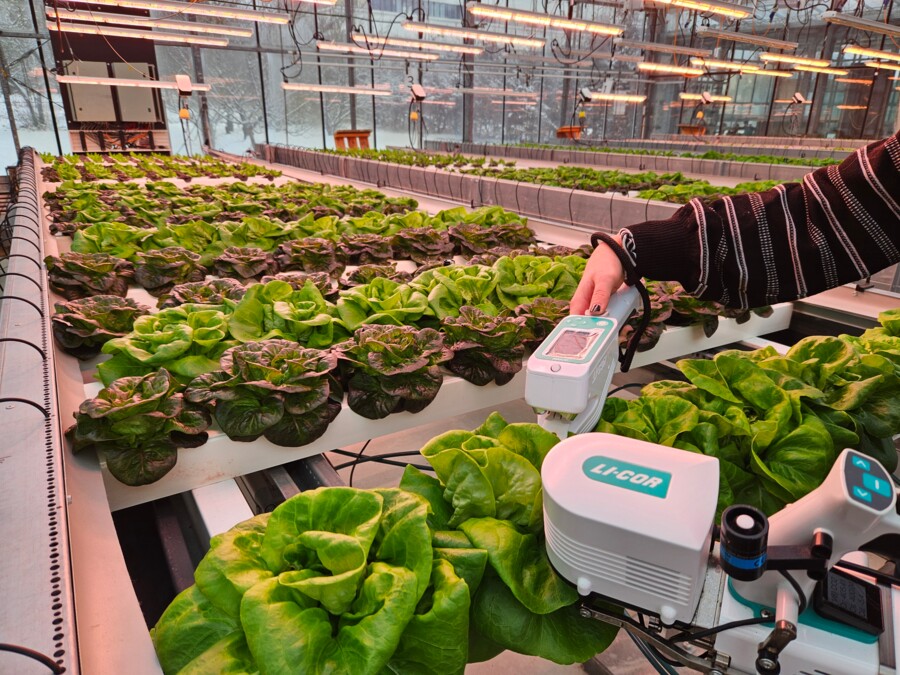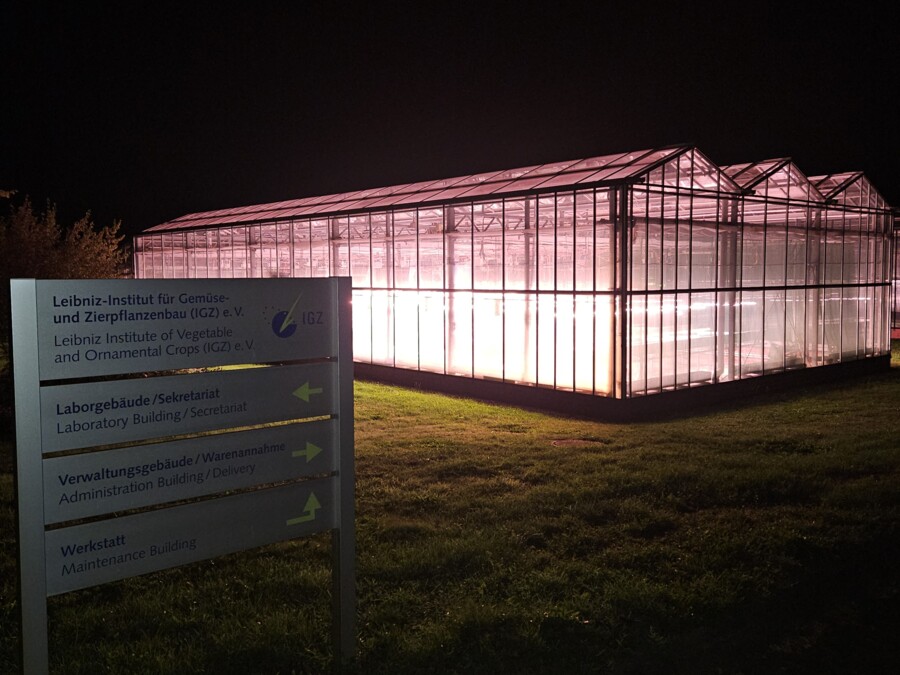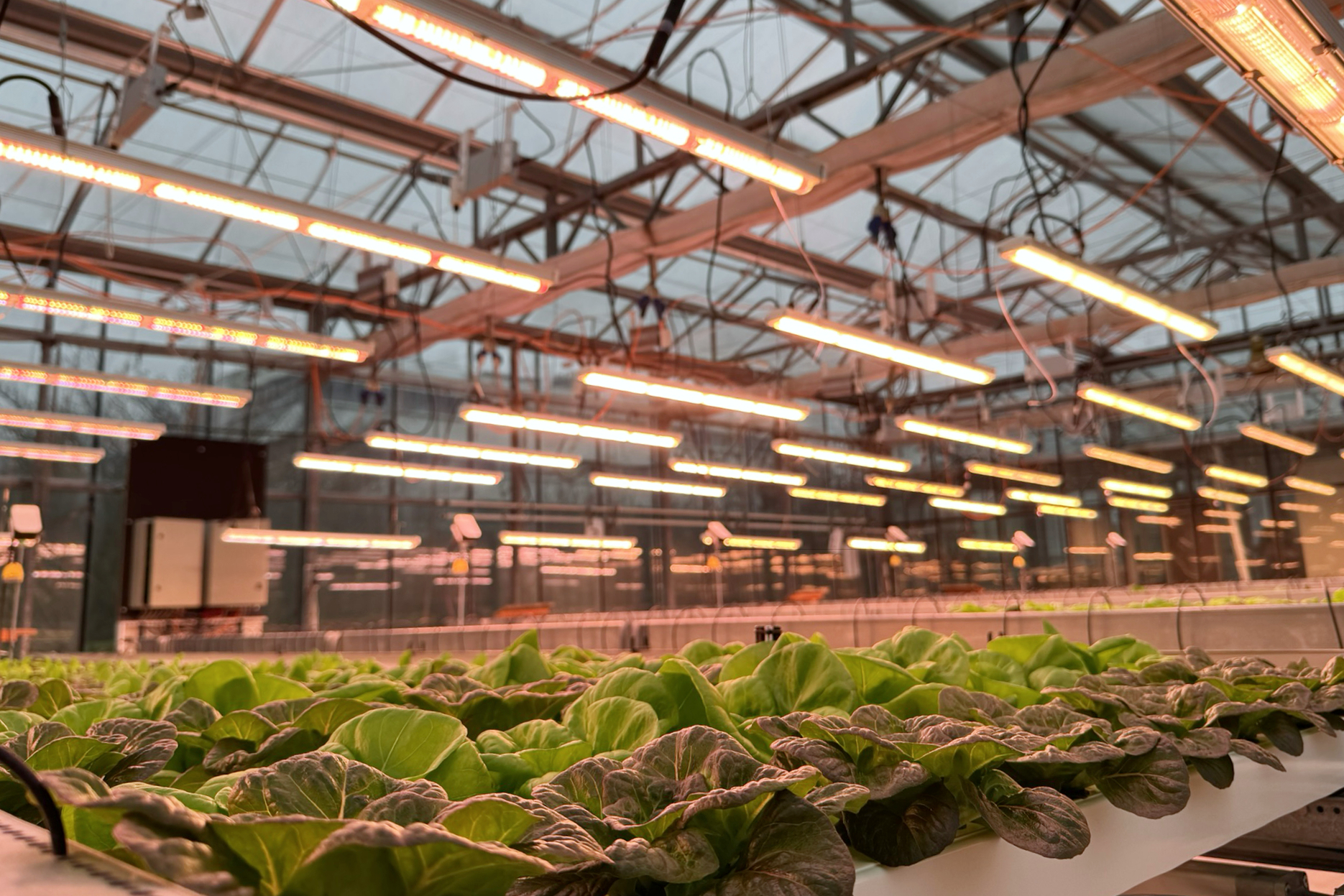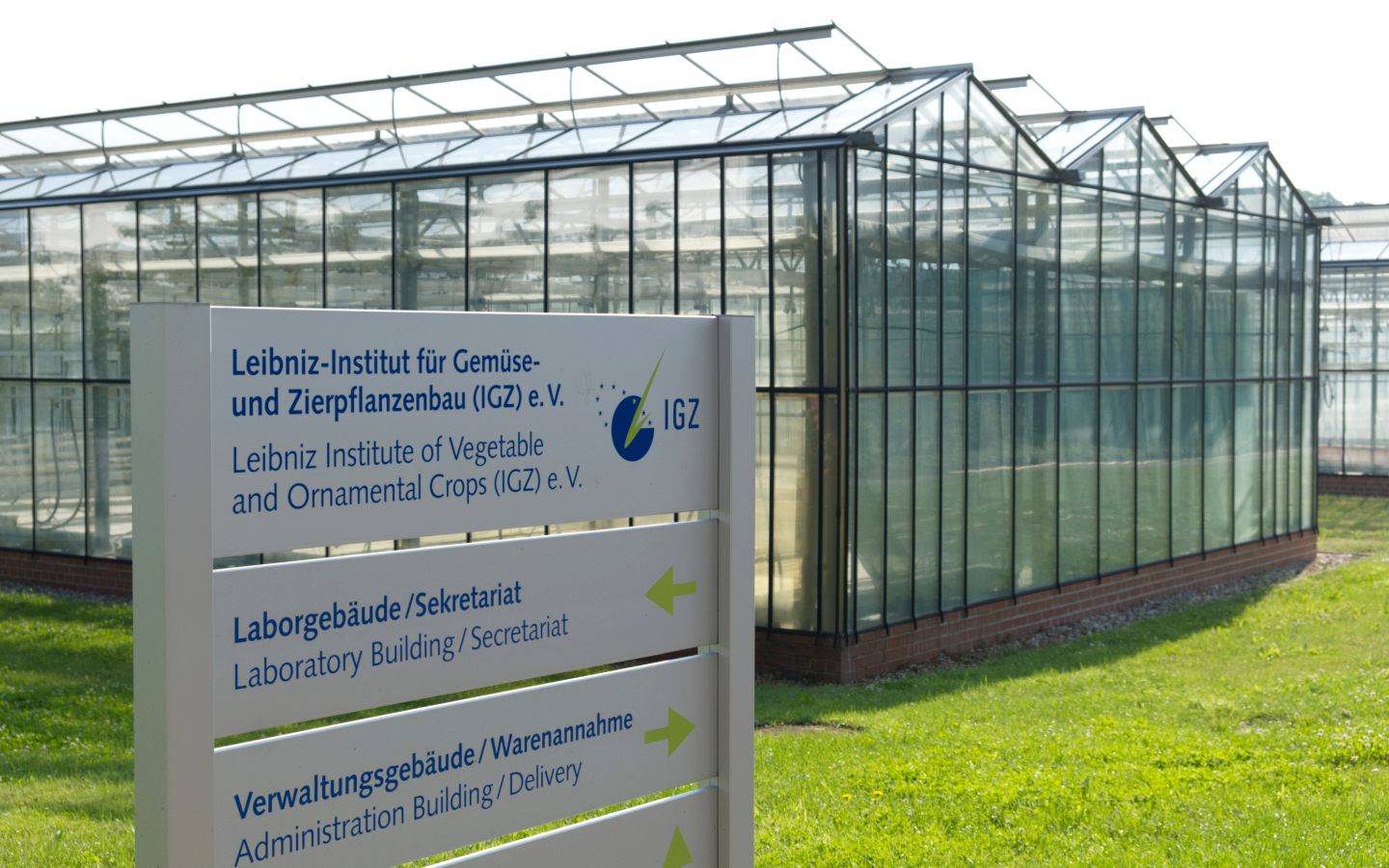Research for sustainable horticultural systems
At IPM Essen, the Leibniz Institute of Vegetable and Ornamental Crops (IGZ) presents one of its key areas of research.
The IGZ Programme Area “Next-generation horticultural systems” (HORTSYS) develops innovative management strategies for sustainable use of resources and adaptation to climate change by using model-based decision support systems (DSS) for indoor and outdoor horticulture.
Here, we show selected state-of-the art projects.
Do you have any questions? Please contact us!
Project: EcoNutri
IGZ Work Package | The main task of IGZ is to develop mass balances and mechanistic models for predicting the behavior of nutrient loss reduction under different scenarios of four different technical innovations within the agricultural sector. Furthermore, IGZ collaborates with the Agricultural University of Athens, Greece (AUA) and the Environmental Social Science Research Group, Hungary (ESSRG), to conduct life cycle and socioeconomic assessments. These innovations are:
Project: AquaponicsOpti
Aquaponics optimization in a local climatic, economic and cultural context: maximizing the benefits of a circular bioeconomy for food production
Sustainable food production depends on the recovery of water, energy, and nutrients from waste streams within existing supply chains. Greenhouse hydroponic systems (HYP) and recirculating aquaculture systems (RAS) are two intensive food production systems that in combined production as an aquaponics system (AP) can utilize fish wastes as fertilizers, while recycling water and energy to increase both systems' sustainability and efficiency. However, despite significant environmental benefits, such systems current infrastructure costs limit widespread application. Implementing relevant technology for such resource-efficient systems requires designs that can optimize performance.
AquapnicsOpti contributes to innovative, decarbonized, and resource-efficient food production systems by improving nutrient reuse, increasing energy efficiency and reducing fossil fuel dependence, reducing freshwater needs, and developing scalable models for improving microbial relationships for fish and plant health.
Project: BLUE-CYCLING
BLUEC-YCLING focuses on improving the circular economy of aquaponic food production by optimising waste and resource management. The circular economy promotes the use of waste streams from one industry as input for another, thus reducing losses and turning these waste streams into added value. Integrated aquaculture and horticulture (aquaponics) fulfils the goals of the circular bio-economy through near-zero waste in energy, water and nutrients.
The overall goal of this multinational and collaborative research project with eight partners from eight countries is to develop a climate resilient solution to food production, and its provision to society.
The contribution of the IGZ is mainly focused on the further development of the joint production of fish in aquaculture and vegetables in hydroponics (aquaponics). The goals are to transfer scientific findings into practice, to develop (IT) tools for this purpose, and to make these tools available to producers, growers and industrial companies. The consortium is thus working together on the next generation of synergetic cultivation of fish and vegetables.
Aquaponics theoretically meets the goals of the circular bioeconomy by almost completely eliminating waste, and the resources of energy, water and nutrients. Both scientific systems and back-yard facilities are being developed for private stakeholders, producing small businesses; and for industrial food producers. This is achieved by intelligently combining fish and crop production. With this process, different material streams are used multiple times. Nutrients are thus made available for plant production in hydroponic systems, among others.
The system requires a functioning synergy and symbiosis of aquaculture and hydroponics. This is where BLUE-CYCLING comes in: The state-of-the-art Multi-Loop Aquaponics System (MAPS) is further optimized in Europe as a future solution of a closed-loop production system with zero-waste strategy. Decision support systems for monitoring, control and planning mathematical models are developed based on experiments in a pilot plant at the IGZ.
Project: ToPGa
The joint project Development and Evaluation of Peat-Reduced Production Systems in Horticulture (ToPGa) aims to support the various branches of horticulture with technical solutions in order to promote the ecologically urgent switch to peat-reduced and peat-free substrates. The studies and investigations focus on nursery, vegetable, fruit and ornamental plant cultivation in production horticulture. The project partners are working together in nine subprojects.
IGZ subproject | The IGZ is working on the "Development of models to illustrate the mixing effects of different substrate feedstocks". This is to be realized with innovative experimental designs. Here, the focus is on the realization of press-stop substrates as well as the development of an app for decision support in the planning and creation of substrate mixtures with the aim of reducing the peat content to below 50%. The web-based app will remain in place after the end of the project.
Project: P2GreeN
IGZ tasks | Together with the project coordinator agrathaer GmbH, IGZ is responsible for the overall coordination of P2GreeN in work package 7 "Project Management". Furthermore, the IGZ is investigating the use of recycling fertilisers from human excreta for the growing of food in work package 2 "Monitoring & assessing the benefits". In the latter, the main focus is on investigating the agro-ecological suitability of mineral urine-based fertilisers and faecal compost for the agricultural cultivation of plants. In addition to the fertiliser effectiveness itself, potential contaminants as well as nitrogen and phosphorus flows are analysed in order to ensure the safe use of recycling fertilisers and to determine the environmental impacts.
Project: InnoWild
Establishment of a cultivation and utilization system of native and climate-adapted wild plants with high added value in Lusatia
The project aims to create a new, more profitable way of utilising land in Lusatia by establishing a new type of industry based on the use, processing and marketing of wild plants. Native and climate-adapted wild plants are to be used as the basis for the development of new types of value chains, from pharmaceuticals and agrochemicals to the food industry and cosmetics. As a result of the project, an innovation centre for wild plant cultivation is to be established, which will ensure the transfer of knowledge and be used as a central point of contact for further training in the use of wild plants in Lusatia.
Project: BioStripPlant
BioStripPlant: Reduced tillage and plant cover all year in organic vegetable farming
In the BioStripPlant project, a method of conservation tillage is being investigated in which only the strips for the planting rows are drawn in a mulched catch crop or an existing undersown crop (strip-till) without tillage of the soil. The methodwill be transferred from arable farming to organic vegetable production in North-Eastern Germany.
In Brandenburg and Berlin, the demand for organically grown vegetables is increasing. High water consumption and nutrient requirements with a short cultivation period and pressing climate conditions are challenges that vegetable farms in the region are confronted with. Maintaining and improving soil fertility on very heterogeneous but predominantly sandy sites in Brandenburg requires costly measures with limited budgets and staff capacities. Therefore, targeted innovations are necessary to improve the economic situation of farms and at the same time contribute to environmental protection.
IGZ-Project: Dynamic Light Control
Sustainable greenhouse horticulture by integrating dynamic control of supplemental lighting and adaptive plant spacing
The IGZ, in collaboration with the Department of Agricultural Sciences of the University of Naples Federico II, is investigating the development of innovative strategies for the sustainable cultivation of vegetables in greenhouses.
The main task is to improve energy use efficiency by identifying crop-specific solutions for dynamic control of supplemental lighting in greenhouses, including cultivation techniques that maximise space use efficiency such as the Moving Gutter System. The ultimate goal is to improve resource use efficiency by developing model-based decision support systems capable of dynamic climate adaptation.
About the Programme Area
Next-Generation Horticultural Systems
We aim to develop innovative management strategies for sustainable use of resources and adaptation to climate change by using model-based decision support systems for indoor and outdoor horticulture.
For this purpose, we use state-of-the-art sensor technology, approaches from Industry 4.0 and modelling. We want to increase the coherence of IGZ activities through knowledge transfer from basic research into practice.
About the IGZ
Leibniz Institute of Vegetable and Ornamental Crops
The Leibniz Institute of Vegetable and Ornamental Crops (IGZ) conducts basic plant research with a view to possible uses for vegetable and ornamental plants and the use of plant biodiversity. The IGZ contributes to a better understanding of plants and their interactions with the environment, and uses this knowledge to develop sustainable management systems in horticulture. Our research is positioned at the interface of plants, humans and the environment.
Our scientific expertise covers the full spectrum from plant molecular physiology and biochemistry, human nutrition and food security, to horticultural production systems. This provides a diverse and interdisciplinary scientific environment where current problems in agri-food systems can be addressed across multiple levels of observation: from the basic molecular, cell and organismic levels to the more applied individual, sectoral and global levels.
